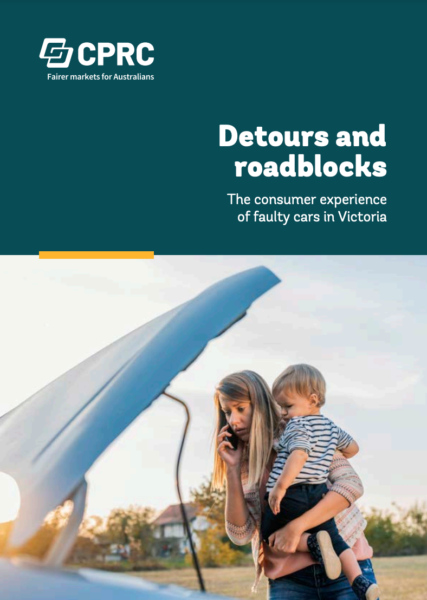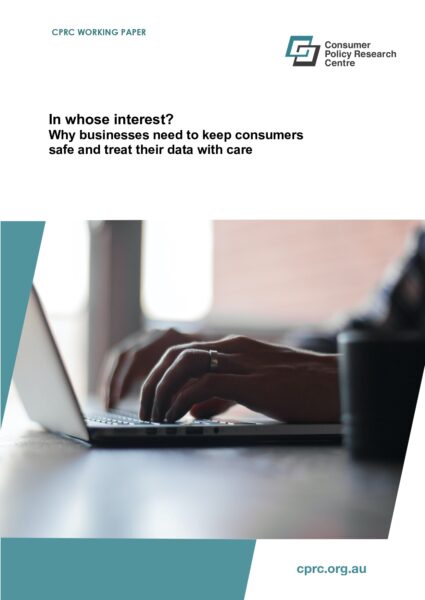November 02, 2022
Ensuring low-income consumers receive concessions is direct cost-of-living support to improve affordability of energy bills.
This report highlights the gap between those eligible for an energy concession and those receiving this concession on their energy bills.
In helping low-income households access the Victorian Government’s Power Saving Bonus (PSB), CPRC identified a significant gap between those eligible for energy concessions and those receiving their concession on their energy bill. CPRC’s analysis of published departmental and regulatory datasets of the total number of concession card holders and concessions received suggests this gap is
generalizable across the broader population


In reviewing bills of low-income consumers living in public housing towers, between one in three and one in five Victorians were missing out on their energy concessions.

Our modelling of Victorian data found consumers missing out on their electricity concession, but found more consumers missing out on concessions on their gas and water bills
of eligible Victorians did not receive a concession on their electricity bill
of eligible Victorians did not receive a concession on their gas bill
of eligible Victorians did not receive a concession on their water bill
ACT
SA
NSW
QLD
TAS
Rather than being automatically applied to bills, the onus lies with eligible concession holders to ensure their concession is applied and updated on each bill, or to apply for the rebate directly.
But even when consumers have taken required steps:
CPRC welcomes the opportunity to work further on this issue with government, regulators, policy makers, academia and the community sector. CPRC recommends:
* On 9 November 2022, made a correction to our data and our report. Due to a calculation error, the numbers for the ACT were initially incorrect.
The percentage of people we model to be missing out on concessions was 41%, it is now 31%. Correct data is now displayed

October 31, 2023
Faulty cars are far too common and disrupt too many lives. This report delves deep into the repercussions of faulty cars on individuals' lives, examines the legal pathways available for those seeking remedies and explores the experience of First Nations people.

March 16, 2023
Australia’s privacy laws rely on notification and consent as the primary means of protecting consumers. The onus is on consumers to navigate complex privacy protections in a continuously complex digital economy. It is time to consider reforms that hold businesses accountable for how they collect, share and use consumer data. It is time to give regulators the power to pause and assess data practices that are causing or likely to cause consumer harm.